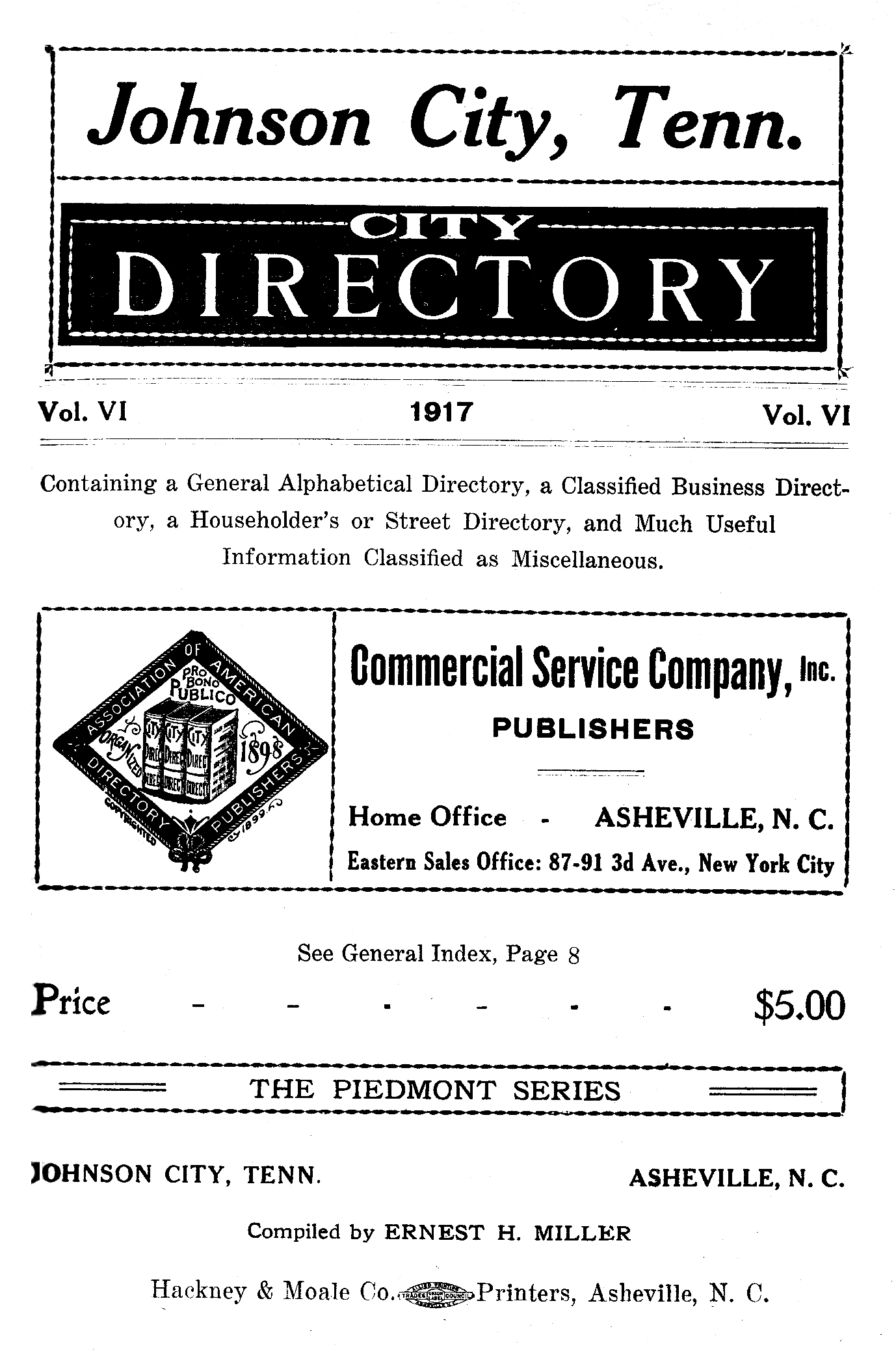One of the most persistent advertisers in fictional history was Robinson Crusoe, a character penned by Daniel Defoe in a book by the same name. The castaway believed in the power of advertising and knew exactly what he wanted – a ship, not to own but to rescue him from a desert island filled with a host of unsavory residents.
Therefore, he put up an “ad” for one that consisted of a shirt attached to a pole at the top of the island that, in the language of the sea, “was plain to every seafaring man.”
Although the circulation was small, there was no other medium available to him. Therefore, he kept it in plain view despite the fact that he received no immediate inquiries. However, he had to change his “copy” frequently, as one garment after another gave way to the elements. According to the storyline, a ship finally came to his rescue after four years. Crusoe's plan, while painfully slow, finally worked.

The present day merchant living in Johnson City in 1917 was said to be much better off than Crusoe because he possessed a City Directory, published by Commercial Service Company, Inc. of Asheville, NC. “Your chances of success are thousands to his one,” it said, “but your chances of failure are the same as his.”
The directory supposed that if Robinson Crusoe had taken down his garment ad after a year and declared that advertising doesn't pay, we likely would never have heard of the famous fictional novel.
The book urged advertisers to put up their “signal” and keep it there through fair and foul weather. It suggested that a number of ships cruising around during 1917 would be glad to call on sellers and remove them from the “Island of Dull Business.” It further stated: “Crusoe advertised under discouraging circumstances, but you have got a sure thing – the City Directory.”
The publication boasted that no other publication in the world so thoroughly represented the commercial, social and private interests of the targeted city as the City Directory. It represented every private citizen from the shack to the mansion, including commercial, social, religious and educational institution.
The Directory became the dictionary to the city. The publishing company intended for the 1917 one to be an unabridged edition. It offered first aid to strangers and a standard remedy for homefolks that was accurate, complete and up-to date in every respect. Unusual prospects of profit, direct and indirect, and civic pride influenced every manufacturer and business man to have full representation in the directory.
The publisher intended for every well-governed home to have a copy of it for the use and convenience of strangers and visitors. Residents consulted the directory when they wanted to buy or sell and were rewarded by getting the best of everything at the lowest price.
“Mr. Manufacture and Mr. Business man,” said the directory, “it's a fact that the directory is your city's only standing representative to the world beyond your own gates and the only index to your city's growth and prosperity. Future directories by the exchange system, now in general use, will be place in the directory libraries of the principal cities of the United States for the use of all who wish to consult its pages. A well-patronized city directory indicates a good city to acquire residence.
In addition to Johnson City, the company distributed directories in 1917 to five other Tennessee towns: Clarksville, Cleveland, Jackson, Knoxville and Morristown. Eighteen states participated in the program; North Carolina boasted of having the most cities under the directory umbrella with 20.
